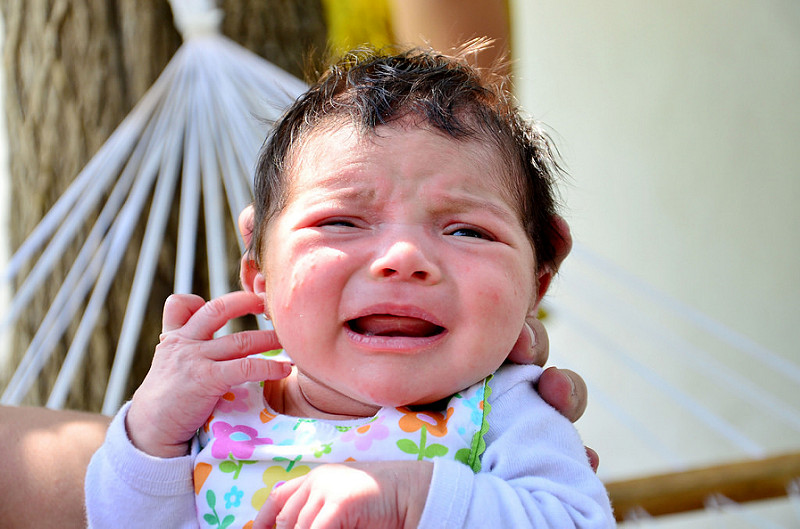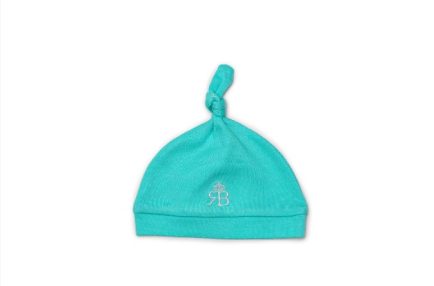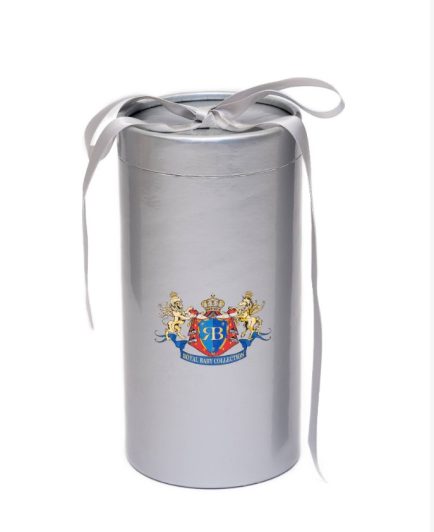The easiest way to tell if your baby might have an ear infection is by observing a change in his or hers mood. Your baby might get fussy or starts crying more often than usual. If this happens be on the lookout for a problem. Usually babies with ear infection develop a fever, so you have another big clue. Ear infections tend to follow a common cold or sinus infection, so keep that in mind too.
You may also notice the following symptoms:
- Your baby pulls, grabs, or tugs at his ears. This could be a sign he’s in pain. (Babies do pull on their ears for many other reasons, so if your baby seems otherwise fine, he probably doesn’t have an ear infection.)
- Diarrhea or vomiting. The bug that causes the ear infection can also affect the gastrointestinal tract.
- Reduced appetite. Ear infections can cause gastrointestinal upset. They can also make it painful for your baby to swallow and chew. If your baby has an ear infection, he may pull away from the breast or bottle after he takes the first few sips.
- Yellow or whitish fluid draining from the ear. This doesn’t happen to most babies, but it’s a sure sign of infection. It also signals that a small hole has developed in the eardrum. (Don’t worry – this will heal once the infection is treated.)
- Unpleasant smell. You may smell a foul odor coming from your child’s ear.
- Difficulty sleeping. Lying down can make an ear infection more painful.
If you notice that your baby has some of these symptoms be sure to consult professional medical help.
Photo credit: Ell David on Visual Hunt / CC BY-ND































Comments